


Imagine stepping onto Sipadan Island and instantly feeling like you’ve entered a different world—one where the ocean’s vibrant blues stretch endlessly,and the air carries a salty freshness that wakes up your senses. This isn’t just any island; it’s a living,breathing sanctuary where the underwater life is so rich and colorful,it almost feels like swimming through a giant aquarium. Schools of barracuda swirl in hypnotic patterns,turtles glide gracefully beneath the surface,and the coral reefs burst with hues you didn’t know existed. The gentle lapping of waves and the distant calls of seabirds create a soothing soundtrack that makes you want to pause and just breathe it all in. On land,Sipadan’s charm is quieter but just as captivating. The island’s small,close-knit community welcomes visitors with warm smiles and a laid-back vibe that instantly puts you at ease. You’ll find yourself savoring fresh seafood caught that very morning,grilled over open flames and seasoned with local spices that tease your taste buds. Evenings here are magical—imagine sitting on the beach,the sky painted with streaks of pink and orange,as the scent of tropical flowers mingles with the ocean breeze. What makes Sipadan truly unforgettable is how it balances raw natural beauty with a deep respect for conservation. It’s a place where every dive feels like a privilege,and every moment ashore invites you to slow down and connect with nature and culture in a way that stays with you long after you leave. If you’re craving an adventure that feeds your soul and dazzles your eyes,Sipadan is waiting.
The information on this page is currently being reviewed by Tripkliq and should be used as a guide only
Eng word: Hello
Eng pronunciation: Ha-lo
Local language: Halo
Eng word: Goodbye
Eng pronunciation: Se-la-mat ting-gal
Local language: Selamat tinggal
Eng word: Thank you
Eng pronunciation: Te-ri-ma ka-sih
Local language: Terima kasih
Eng word: How much
Eng pronunciation: Be-ra-pa
Local language: Berapa
Eng word: Toilet
Eng pronunciation: Tan-das
Local language: Tandas
Eng word: Help me
Eng pronunciation: To-long sa-ya
Local language: Tolong saya
Eng word: Yes
Eng pronunciation: Ya
Local language: Ya
Eng word: No
Eng pronunciation: Ti-dak
Local language: Tidak
Eng word: Excuse me
Eng pronunciation: Ma-af
Local language: Maaf
In 1989, the famous oceanographer Jacques Cousteau visited Sipadan Island and declared it an untouched piece of art. His endorsement brought international attention to the island's rich marine biodiversity.
Sipadan Island is the only oceanic island in Malaysia, formed by living corals growing on top of an extinct volcanic cone that took thousands of years to develop.
In 2004, the Malaysian government designated Sipadan Island and its surrounding waters as a protected marine park to preserve its unique ecosystem and biodiversity.
Sipadan Island is renowned for its incredible marine life, including over 3,000 species of fish and hundreds of coral species, making it a top destination for divers worldwide.
One of the island's most famous dive sites is the Turtle Tomb, an underwater limestone cave filled with the skeletons of turtles that got lost and couldn't find their way out.
Sipadan Island is not just about marine life; it is also a bird sanctuary, home to various species of birds such as sea eagles, kingfishers, and sunbirds.
The island holds cultural significance for the local Bajau Laut people, who have lived in harmony with the sea for generations, relying on its resources for their livelihood.
Sipadan Island has been nominated as a UNESCO World Heritage Site due to its unique geological and ecological characteristics, highlighting its global importance.
To protect its delicate ecosystem, the Malaysian government has prohibited overnight stays on Sipadan Island since 2005, ensuring minimal human impact on its environment.
In Sipadan Island, the most common Power Adaptor is Type G.

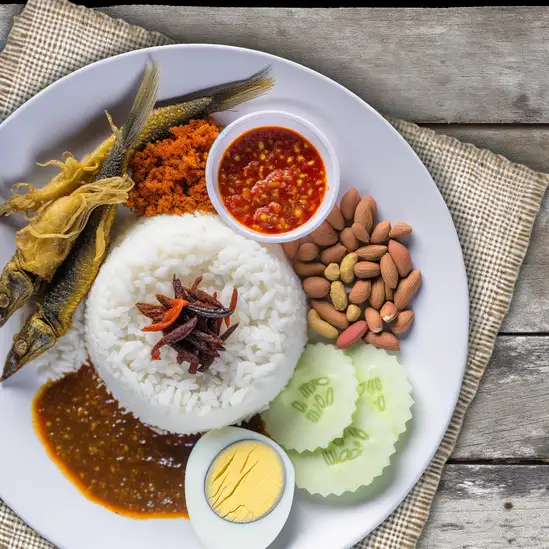
A fragrant rice dish cooked in coconut milk, served with sambal, fried crispy anchovies, peanuts, boiled egg, and cucumber.
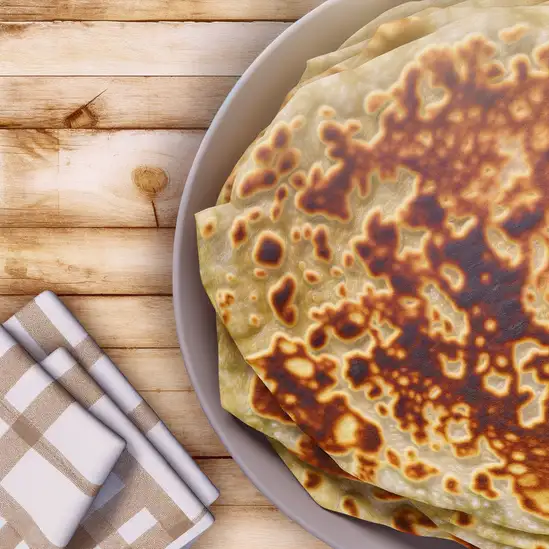
A flaky, buttery flatbread that is usually served with dhal (lentil curry) or other types of curry for dipping.
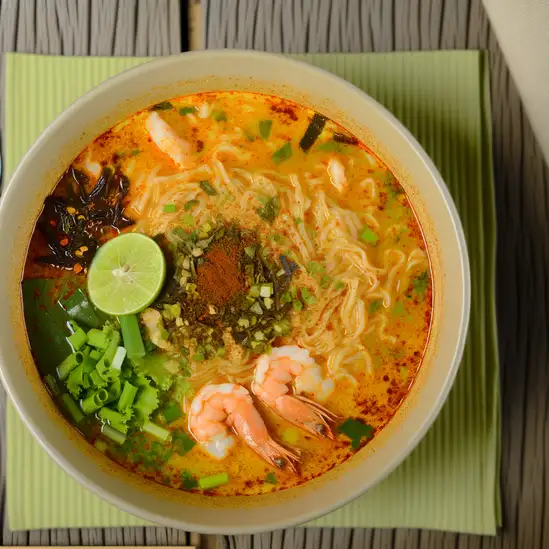
A spicy noodle soup with a rich coconut milk base, often served with prawns, fish, or chicken, and garnished with fresh herbs.
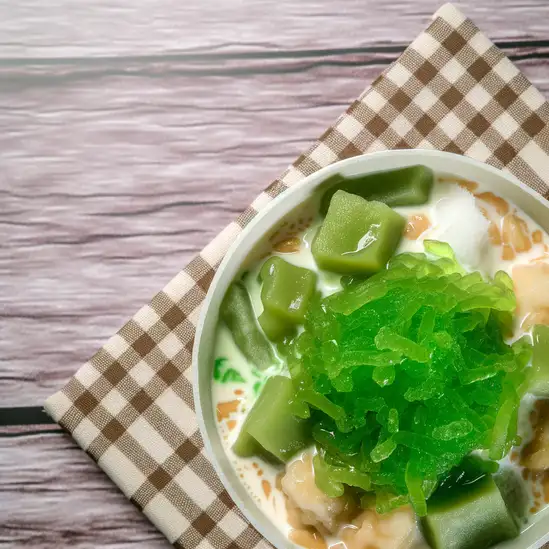
A refreshing dessert made with shaved ice, coconut milk, green rice flour jelly, and palm sugar syrup.
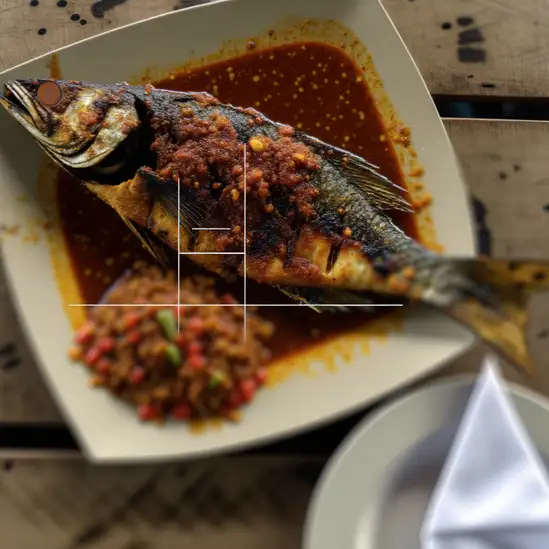
Grilled fish marinated with a mix of spices and served with a tangy sauce, often enjoyed with rice.
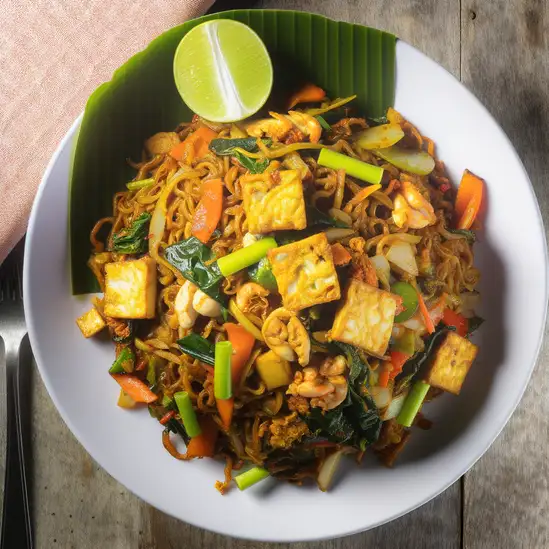
Stir-fried noodles with a mix of vegetables, eggs, and your choice of protein, seasoned with soy sauce and spices.

Grilled squid marinated in a blend of spices, often served with a spicy dipping sauce.
Imagine stepping into a place where the ocean breeze carries the scent of salty waves mingled with sizzling street food,and the sky melts into hues of pink and orange as the sun dips behind lush mountains. That’s Kota Kinabalu for you—a vibrant city that feels alive yet effortlessly laid-back. It’s the kind of place where you can wander through bustling markets filled with the chatter of locals,the clinking of fresh seafood on ice,and the rich aroma of spices from nearby stalls. The city pulses with a warm,welcoming energy that instantly makes you feel at home.
What really sets Kota Kinabalu apart is its seamless blend of nature and culture. You’re never far from the stunning backdrop of Mount Kinabalu,whose towering presence invites adventure and awe. At the same time,the city’s streets are a colorful tapestry of indigenous traditions,Malay influences,and Chinese heritage,all coming together in lively festivals,art,and food. Don’t miss trying the fresh seafood—imagine biting into a juicy,chili-laced grilled fish while the ocean breeze cools your skin.
Evenings here are magical. The waterfront comes alive with twinkling lights,the hum of live music,and the laughter of friends sharing meals under the stars. Whether you’re sipping a tropical drink or exploring night markets,Kota Kinabalu wraps you in a cozy,spirited embrace that stays with you long after you leave.
If you ever find yourself craving a place where the ocean’s rhythm sets the pace of life,Semporna is where you want to be. This coastal town in Malaysia feels like a gentle invitation to slow down and soak in the simple,beautiful moments. The air carries a salty tang mixed with the faint aroma of grilled seafood from bustling night markets,where locals and travelers gather to share stories over fresh fish and spicy sambal. Walking along the waterfront,you’ll hear the soft chatter of fishermen mending their nets and the distant calls of seabirds circling above turquoise waters.
Semporna’s charm lies in its vibrant,laid-back spirit. It’s a melting pot of cultures—Malay,Bajau,and indigenous communities—each adding their own colorful threads to the town’s tapestry. The people here are warm and welcoming,always ready with a smile or a friendly nod. Beyond the town itself,the real magic unfolds beneath the waves. Semporna is the gateway to some of the world’s most breathtaking dive spots,where coral gardens burst with life and sea turtles glide gracefully through crystal-clear waters.
Even if you’re not a diver,the vibe here is infectious. You can spend your days island-hopping,feeling the sun on your skin and the gentle sea breeze in your hair,or simply relaxing in a hammock with a fresh coconut in hand. Semporna isn’t just a destination; it’s a feeling—a peaceful,vibrant pulse of nature and culture that stays with you long after you leave.
If you ever find yourself wandering through Borneo,Sandakan is one of those places that wraps around you like a warm,familiar breeze. It’s not flashy or overrun with tourists,but it hums with a quiet energy that feels both alive and deeply rooted. Walking through its streets,you’ll catch the mingling scents of fresh seafood grilling by the harbor and the earthy aroma of tropical rain just after a downpour. The chatter of locals,the clinking of coffee cups in cozy kopitiams,and the distant calls of hornbills create a soundtrack that’s uniquely Sandakan.
What really makes Sandakan stand out is its rich tapestry of cultures—Malay,Chinese,and indigenous influences blend seamlessly here. You can taste it in the food:think spicy laksa that tingles your tongue,sweet kuih that melts in your mouth,and fresh tropical fruits bursting with flavor. The city’s character is humble but proud,with a history that whispers through its colonial buildings and vibrant markets.
Beyond the city,nature feels just a heartbeat away. The nearby Sepilok Orangutan Rehabilitation Centre is a must-see,where you can watch these gentle creatures in their natural habitat,and the Kinabatangan River offers a chance to glimpse exotic wildlife amid lush greenery. Sandakan isn’t about grand gestures—it’s about soaking in moments,savoring simple pleasures,and feeling connected to a place that’s both wild and welcoming.
If you ever find yourself wandering through Kuching,you’ll immediately notice its gentle,laid-back rhythm—a city that feels like a warm hug rather than a bustling metropolis. The air carries a mix of tropical humidity and the faint,sweet aroma of street food sizzling nearby. As you stroll along the waterfront,the Sarawak River glistens under the golden afternoon sun,while the calls of local vendors and the chatter of families create a lively,welcoming soundtrack.
Kuching’s charm lies in its seamless blend of old and new. Colonial-era buildings with their faded pastel walls sit comfortably beside vibrant street art and cozy cafes. The city pulses with a rich cultural tapestry—Malay,Chinese,and indigenous Dayak influences weave through the markets,temples,and festivals. You can almost taste this diversity in the food:spicy Sarawak laksa that tingles your tongue,fresh tropical fruits bursting with flavor,and sweet,sticky kueh that melt in your mouth.
What really makes Kuching unforgettable is its genuine warmth. Locals greet you with smiles and stories,eager to share their heritage and favorite spots. Whether you’re exploring the lush Bako National Park just outside the city or sipping kopi at a bustling kopitiam,Kuching invites you to slow down,breathe in its unique spirit,and feel like you’ve found a place that’s both vibrant and deeply comforting.
Manila is this vibrant,bustling heart of the Philippines that grabs you the moment you step off the plane. There’s an energy here that’s both chaotic and warm,like the city is alive and breathing with stories waiting to be discovered. Walking through its streets,you’ll catch the scent of sizzling street food mingling with the salty breeze from Manila Bay. The soundscape is a lively mix of jeepneys honking,street vendors calling out their wares,and the occasional laughter spilling from a nearby sari-sari store.
What makes Manila truly special is its rich tapestry of history and culture woven into everyday life. You can wander through Intramuros,the old walled city,and feel the echoes of Spanish colonial days in the cobblestone streets and centuries-old churches. Then,just a few blocks away,modern skyscrapers rise,showcasing the city’s dynamic spirit. The people here are incredibly warm and welcoming,always ready to share a story or recommend their favorite spot for halo-halo,a sweet,icy treat that’s perfect for cooling down in the tropical heat.
Manila’s charm lies in its contrasts—the old and new,the quiet moments in hidden courtyards and the lively buzz of night markets. It’s a place where you can savor rich Filipino flavors,dive into vibrant festivals,and feel the pulse of a city that’s constantly evolving but never loses its heart. If you want a trip that’s full of life,color,and genuine warmth,Manila’s waiting with open arms.
If you find yourself wandering through Kota Denpasar,you’ll immediately notice its lively heartbeat—a city that hums with everyday life yet carries a deep cultural rhythm beneath the surface. It’s not the polished tourist hub like southern Bali,but that’s exactly what makes it so captivating. The streets buzz with scooters weaving through markets where the scent of fresh spices mingles with the earthy aroma of tropical fruits. Vendors call out in warm,melodic tones,inviting you to taste something new or simply share a smile.
Denpasar feels like the authentic soul of Bali,where tradition and modern life dance side by side. You’ll see women in vibrant kebayas carrying offerings to temples,while nearby,young artists sketch murals that splash color onto old walls. The city’s pulse is both chaotic and comforting,with the clatter of street food stalls serving up fragrant nasi campur and the gentle chime of temple bells weaving through the air.
What’s truly special is how Denpasar invites you to slow down and soak in its layers—whether it’s the warmth of a local’s greeting,the taste of freshly brewed Balinese coffee,or the sight of intricate carvings on ancient temples tucked between bustling streets. It’s a place where you don’t just visit; you become part of the daily story,feeling the city’s spirit in every step you take.
Tourists are sometimes tricked into paying for non-existent or substandard accommodations through fake websites or misleading advertisements.
Tourists may encounter unfavorable exchange rates or hidden fees at unauthorized currency exchange counters near the island.
Scammers sell fake or invalid diving permits to tourists, which are required to dive in Sipadan. These permits are often overpriced and not recognized by authorities.
Some shops rent out low-quality or damaged diving and snorkeling gear at high prices, which can be unsafe for use.
Some operators charge tourists exorbitant prices for boat transfers to and from Sipadan Island, especially if they are unaware of standard rates.
Unlicensed or unregistered tour operators offer diving or snorkeling packages that may lack proper safety measures or equipment, putting tourists at risk.
Malaysia has very strict drug laws, and this includes Sipadan Island. Possession, use, or trafficking of illegal drugs can result in severe penalties, including the death penalty for trafficking. Tourists should avoid any involvement with illegal drugs and be aware that even small quantities can lead to serious legal consequences.
Smoking is generally prohibited in public places in Malaysia, including Sipadan Island. This includes restaurants, public transportation, and indoor public spaces. There are designated smoking areas where smoking is allowed. Tourists should look for these designated areas to avoid fines or penalties.
Vaping is subject to similar regulations as smoking in Malaysia. It is prohibited in public places and indoor spaces. Tourists should use designated smoking areas for vaping as well. Importing e-cigarettes and vaping liquids may also be subject to customs regulations, so it is advisable to check the latest guidelines before traveling.
What are other people saying about Sipadan Island?
Recent Social posts about Sipadan Island
There is nothing to show you for now.